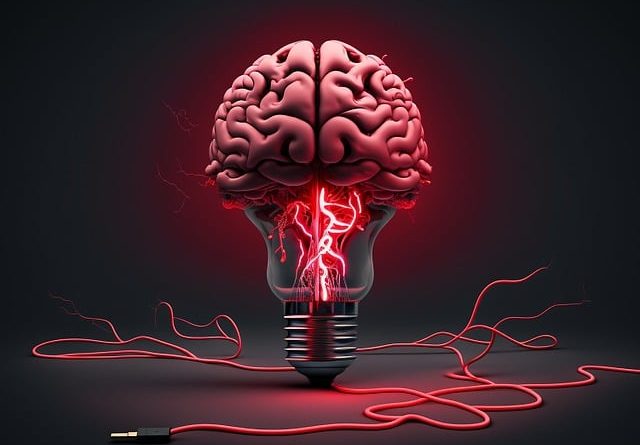Neuroscience and Gambling: Decoding the Brain’s Response to Casino Environments
Over the years, there has been an increasing research interest in understanding the psychology of gambling. First, gambling is a form of entertainment that is considered a pastime activity. While this is true, there are concerns about why people gamble even when they know that “the house always wins,” and this is true. Whether you are playing slots, poker or blackjack, especially in a virtual scenario, the games are designed such that the outcomes always favor the bookmaker. So, the big question is, why do people gamble?
From the neuroscientific point of view, it is believed that gambling fuels an illusion that the player is in charge. Despite knowing that the outcomes are random, there is that constant belief that it can be undone by skill and strategy. These illusions create a behavioral pattern synonymous with everyday life, like risk-taking and decision-making, that triggers brain activity. This article explores the neuroscience of gambling. It shows the triggers that encourage such activities in a casino environment and the impact of visual and auditory cues on player behavior.
Stunning Visuals and Auditory Cues
Before the advent of online and mobile gaming, casinos were only for rich and classy people. Most of these facilities were attached to the best hotels, and players had to dress appropriately before they were allowed to enter. The ambiance of casinos is usually stunning, creating an environment that is not just impressive but stimulating to enhance player participation. This was the trend in land-based platforms typical of top casinos like the Venetian Macao, MGM Grand, and Wynn Macau.
Similarly, the same applies to online casinos. Most sites try as much as possible to replicate the same feeling as applicable to the best land-based platforms. As such, you will find online casino games with stunning visuals, auditory cues, and celebratory sounds that stimulate player participation. Many platforms offer hundreds of games, providing players with more options. The visuals are such that they create a sense of anticipation and reinforce wins and bonuses for an immersive gaming experience.
The Feeling of Being in Charge
Another connecting bridge between gambling and neuroscience is the feeling of being in control. The belief is that it is possible to take risks, make decisions, and change the course of events even when predetermined. Based on this assumption, gambling can be likened to any other activity involving taking risks and making decisions, even in the face of uncertainty. Stock traders, business owners, and footballers take risks and make decisions.
Likewise, in gambling, players weigh the outcomes and decide based on the potential risk and reward.
Reward Anticipation and Dopamine Release
Gambling is often fueled by the expectation of a win. Several scholarly reviews have shown that the human brain releases dopamine when a person indulges in gambling. Dopamine is a neurotransmitter that controls pleasure, motivation, and emotions. As such, when a player is involved in gambling, the said neurotransmitter becomes activated. If the player is lucky and wins, he will likely repeat the same activity. This creates a cycle, especially when a reward is attached to such behavior.
While dopamine release is not peculiar to gambling alone, research has shown heightened neurological activity in players with gambling disorders. A deep understanding of the triggers presented by gambling-related cues is crucial to help players stay in control and reduce the effect of reward anticipation. That way, you can understand what to avoid to help stay in control.
Monte Carlo Fallacy
The Gambler’s fallacy or Monte Carlo fallacy is another trigger that induces players to gamble. The name was coined from the famous Monte Carlo Casino where it was often adopted by many players. The Monte Carlo fallacy simply refers to the belief that a random outcome is more or less likely to happen based on the outcome of previous events.
For instance, imagine playing a slot game without hitting the jackpot after many rounds. The Monte Carlo fallacy makes you believe that if you keep playing, you are likely to hit the jackpot soon. The brain naturally reacts to such stimuli, and in most cases, players forget that each spin is based on a random outcome independent of past events.
The Bandwagon Effect
The bandwagon effect is another psychological phenomenon that triggers gambling. It is the tendency of a person to join in an activity or adopt certain behaviors because they are in vogue. This effect is applied to all works of life. However, in the context of gambling, it is crucial in that it can affect a player’s gambling behavior. Players often do not use their judgment and decide to stick with the crowd. This can be devastating and result in serial losses.
Conclusion
Studies have shown that there is a relationship between gambling as an activity and brain functionality. While gambling is a form of entertainment, it is not like other games in that there is a reward attached to it. The concept of reward anticipation plays a crucial role as a trigger for dopamine release in the brain. This goes a long way towards determining and establishing player behaviors over time based on the outcome of such activities.

